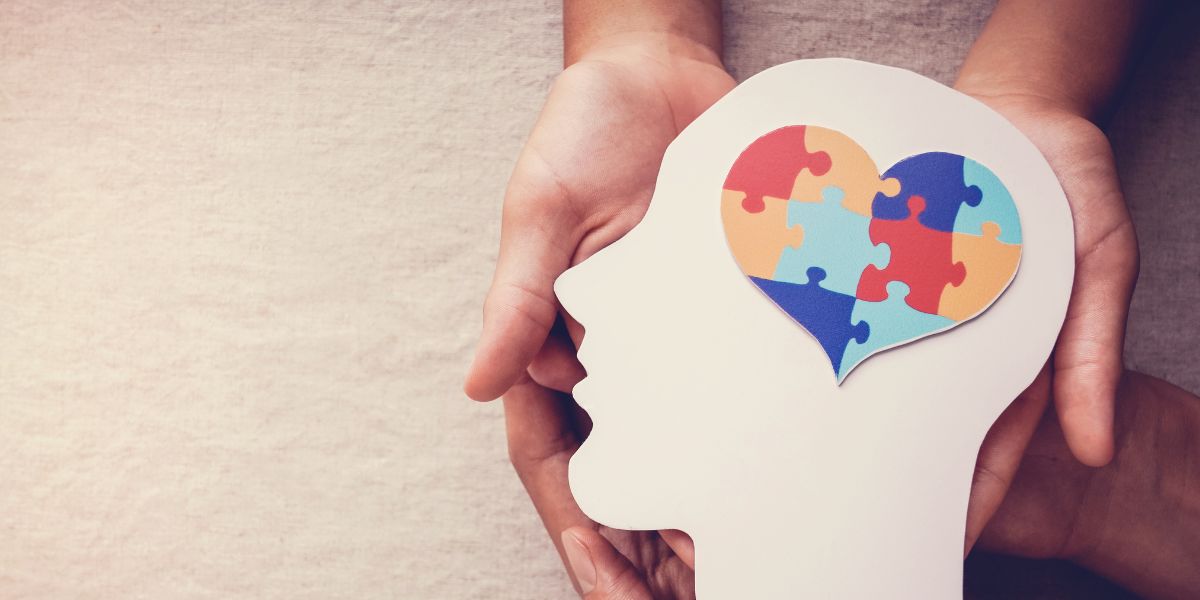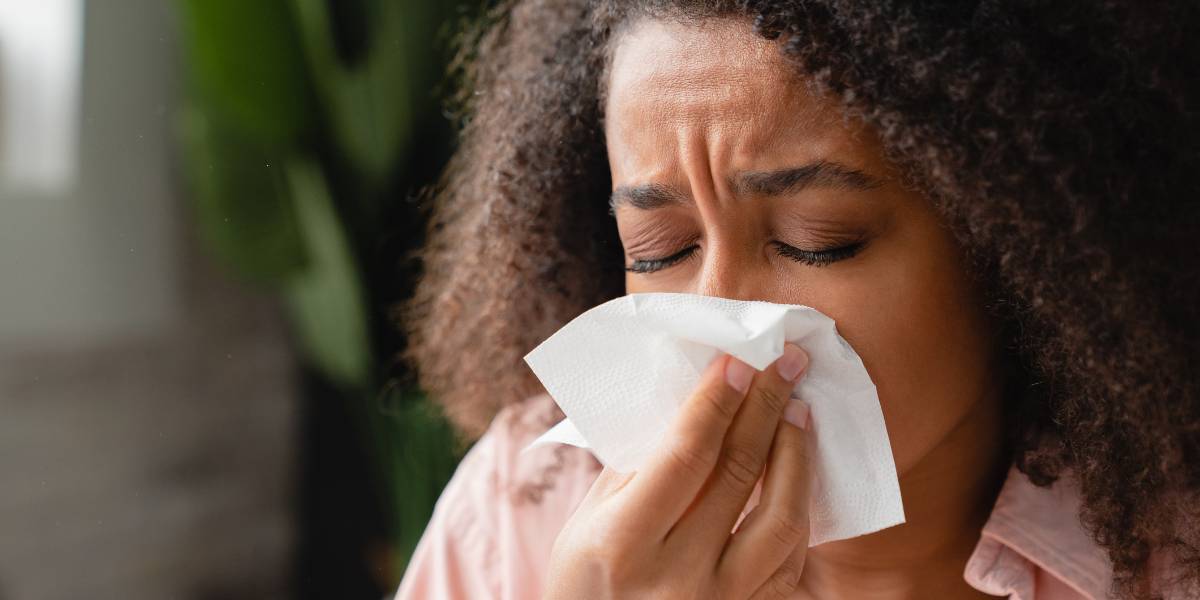Humans can experience memory blanks seconds after being exposed to things, a new study identifies.
A team of researchers from the University of Amsterdam have found that humans can struggle to recall shapes that have been shown to them a few seconds before, which is often known as short-term memory illusions.
Senior author Dr Marte Otten said: “Even at the shortest term, our memory might not be fully reliable.
- Combining several healthy lifestyle choices can slow memory decline
- Wine, tea and green vegetables can help slow memory decline
“Particularly when we have strong expectations about how the world should be, when our memory starts fading a little bit – even after one and a half seconds, two seconds, three seconds – then we start filling in based on our expectations.”
Prior studies have discovered that when individuals are shown a rotated or mirror-image letter, they are likely to see the letter in its normal form.
Dr Otten noted: “We thought that they are more likely to be a memory effect, so you saw it correctly, but as soon as you commit it to memory stuff starts going wrong.”
During the study, each participant was screened before being shown a circle of six or eight letters, with some of the letters being mirror-image forms.
Seconds after, they were then presented with a second circle of letters that they were told to not remember.
All of the participants were then instructed to select, from a series of options, a target shape that had been at particular location in the first circle and rate their confidence in this choice.
According to the findings, the 23 people who felt confident in their responses made the most mistakes when selecting the mirrored form of the target shape.
- Regular exercise boosts memory in older adults
- Plant-based meals prevent memory loss amongst older people
The results show that the participants thought they had seen a real letter in 37% of cases when they had been shown a mirrored letter, compared with 11% of cases for the reverse scenario.
The academics said: “This indicates the errors are down to mistakes not in how participants perceived the shapes but in their short-term memory, given the perception itself should not deteriorate over time.
“The high confidence with which participants reported their answers also rules out the possibility the results are simply down to participants guessing.”
The study was published in the journal Plos One.



